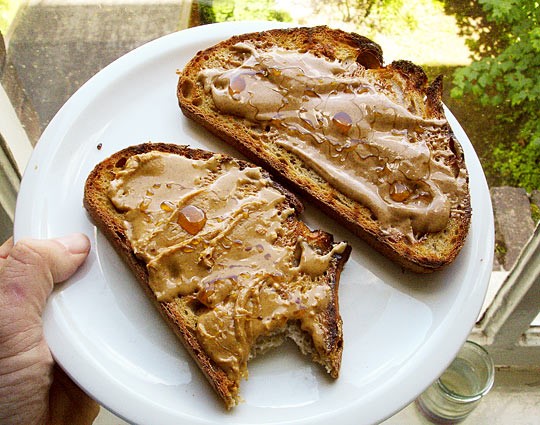This IMMUNE BOOSTER Counteracts Sugar Bingeing

It’s a fact: From Oct 31 Easter Sunday we tend to over-indulge in sweets and sweets compromise the immune system in a major way. And when the immune system is compromised (or weakened in any way), we can say “HELLO!” to colds and flu.
Since we’re in the middle of this immune-compromising season, I thought I’d touch on an easy way to counteract this damage and increase the chance of maintaining immunity strength, thus hopefully warding off those dreaded colds and flu.
The solution? One word: ZINC. Zinc is one of the most critical nutrients needed for maintaining a strong immune system. It’s also imperative for digestion and utilization of carbohydrates like grains, vegetables, fruits, and sugars as well as protein foods.
Besides the crucial job of keeping the immune system strong, it also helps to ensure healing from wounds and burns and supports healthy prostate function in men. It is necessary for healthy blood, bones, brain, heart, liver, and muscles. If you haven’t already concluded, adequate zinc is essential for great health.

Beef, lamb, pork, chicken, seafood, spinach, asparagus, shiitake mushrooms, and crimini mushrooms are shown to offer the most abundant sources of zinc. But for the vegetarians and vegans, there are many plant-based sources of zinc besides spinach, asparagus, and mushrooms. Here are some of the best plant sources (listed in order of most to least):
- Beans/Legumes, including: black beans, chickpeas, kidney beans, navy beans, pinto beans, Romano beans, etc.
- Beets and beet greens
- Brazil nuts (other nuts as well, but Brazils contain higher amounts of zinc)
- Cashews
- Carrots
- Dark leafy green vegetable
- Nuts and nut butters
- Onions
- Peas
- Cocoa powder and dark baking chocolate
- Sesame seeds
- Chia seeds
- Pumpkin seeds
- Sunflower seeds
- Sprouts
- Whole grains and breads made with whole grains
Be sure to eat fermented foods as well since zinc tends to become more bio-available during the fermentation process. These foods include: miso, tempeh, sourdough breads, fermented vegetables, sauerkraut, seed and nut cheeses that are fermented, and non-dairy yogurt.

- www.laprensa-sandiego.org
- www.deccanchronicle.com
- www.washu.spoonuniversity.com
 Alice Osborne
Alice Osborne
Weekly Newsletter Contributor since 2006
Email the author! alice@dvo.com
